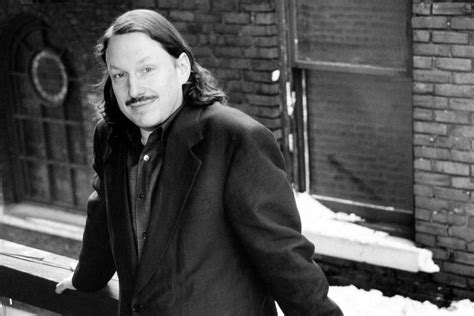A Quote by Jorge Luis Borges
To arrange a library is to practice in a quiet and modest way the art of criticism.
Related Quotes
I don't have a very high opinion, actually, of the world of criticism - or the practice of criticism. I think I admire art criticism, criticism of painting and sculpture, far more than I do that of say films and books, literary or film criticism. But I don't much like the practice. I think there are an awful lot of bad people in it.
Art too is just a way of living, and however one lives, one can, without knowing, prepare for it; in everything real one is closer to it, more its neighbor, than in the unreal half-artistic professions, which, while they pretend to be close to art, in practice deny and attack the existence of all art - as, for example, all of journalism does and almost all criticism and three quarters of what is called (and wants to be called) literature.
I've been in towns where there is no library, or where the library for the high school and the library for the town is one room, and it's smaller than my modest living room here. So you don't have many resources in 1950 or even 1970. This is the year, 2013, every town in America is connected to the web. Every town in America is therefore connected to all kinds of resources at the Library of Congress, at 100,000 websites.
As a kid I would get my parents to drop me off at my local library on their way to work during the summer holidays and I would walk home at night. For several years I read the children's library until I finished the children's library. Then I moved into the adult library and slowly worked my way through them.
As a kid, I would get my parents to drop me off at my local library on their way to work during the summer holidays, and I would walk home at night. For several years, I read the children's library until I finished the children's library. Then I moved into the adult library and slowly worked my way through them.
Contemporary art is based on that an artist is supposed to go into art history in the same way as an art historian. When the artist produces something he or she relates to it with the eye of an art historian/critic. I have the feeling that when I am working it is more like working with soap opera or glamour. It is emotional and not art criticism or history of art.






































